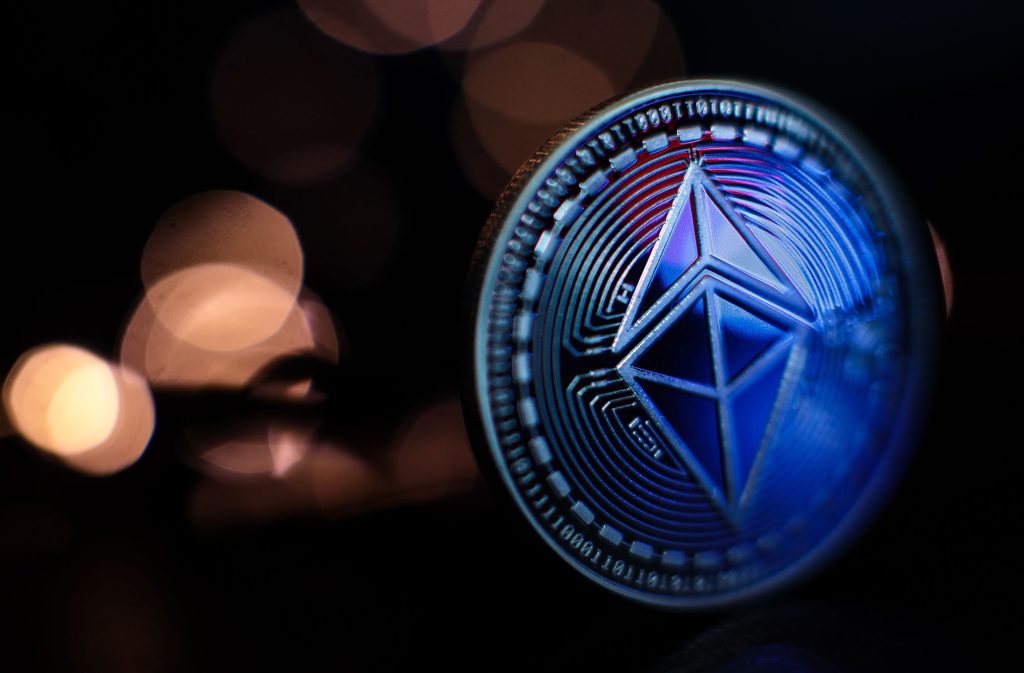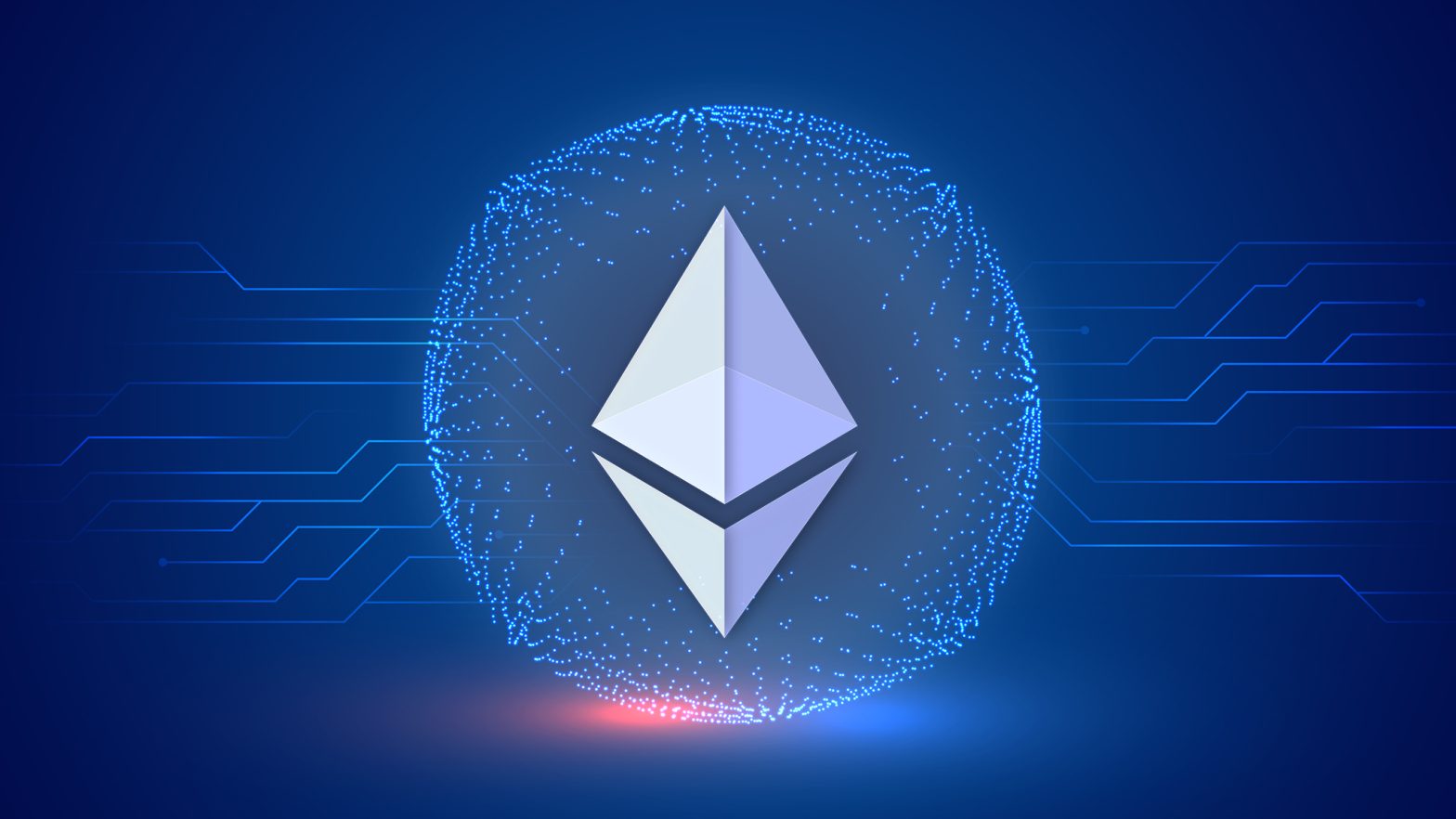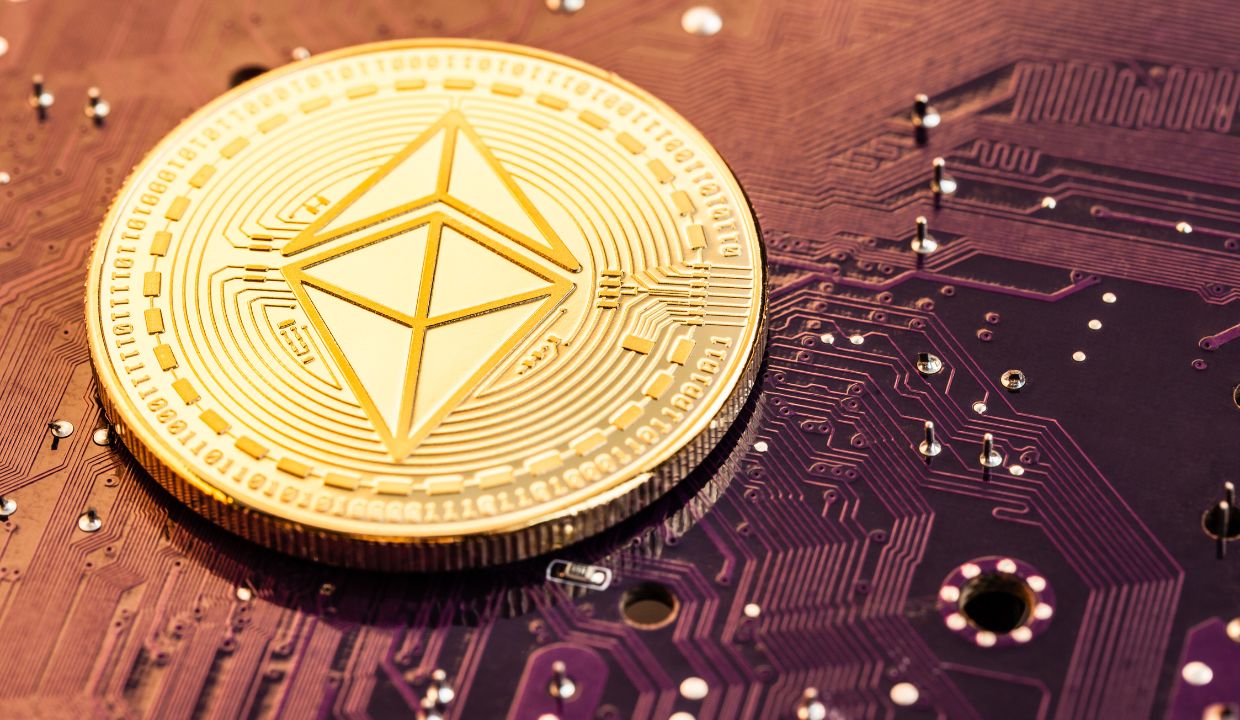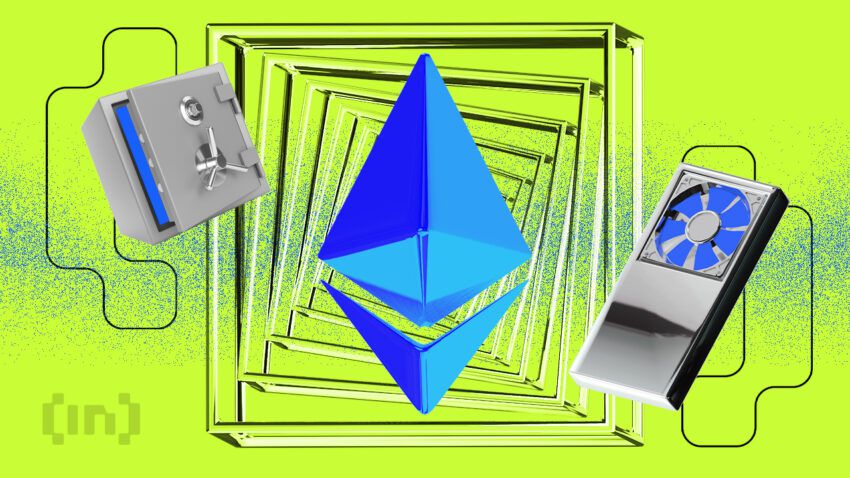Ethereum RPC (Remote Procedure Call) nodes play a pivotal role in the functioning of the Ethereum network, providing a bridge for developers and applications to interact with the blockchain. In this article, we will dive deep into the world of Ethereum RPC nodes, understanding their significance, exploring their usage, and learning how to integrate them effectively.
Ethereum RPC nodes are essentially communication interfaces that allow developers to interact with the Ethereum blockchain programmatically. They enable the retrieval of blockchain data, submission of transactions, and execution of smart contracts. These nodes facilitate communication between applications and the decentralized network, enabling the creation of dApps, DeFi platforms, and other blockchain-based solutions.
How Ethereum RPC Nodes Work

At its core, an Ethereum RPC node is a server that listens for incoming requests from applications. These requests can involve fetching information about blocks, transactions, account balances, or executing contract functions. When a request is received, the node processes it, queries the blockchain for the required data, and sends back the response to the requesting application.
Why RPC Nodes are Essential
RPC nodes serve as a crucial link between the Ethereum blockchain and external applications. They abstract the complexities of interacting with the blockchain, making it easier for developers to integrate Ethereum into their projects. Whether you’re building a decentralized application or conducting blockchain analysis, RPC nodes provide a convenient and efficient way to access blockchain data.
Choosing the Right RPC Node Provider
Selecting a reliable RPC node provider is essential for smooth integration. Factors to consider include uptime, latency, supported networks, and API rate limits. While third-party providers like Infura offer convenience, running your own RPC node grants you greater control and data privacy.
Integration Steps for Developers
Integrating Ethereum RPC nodes into your project involves several steps:
- Choosing a Provider: Decide whether to use a third-party provider or run your own node.
- API Setup: Obtain the necessary API key or credentials from the provider.
- Selecting Network: Choose the Ethereum network (mainnet, testnets) you want to connect to.
- Installing Libraries: Use Ethereum client libraries to facilitate communication with the node.
- Sending Requests: Utilize RPC calls to retrieve data or execute transactions.
Using RPC Nodes for Data Retrieval

RPC nodes are invaluable for fetching blockchain data such as block details, transaction histories, and token balances. Developers can query specific data points to obtain insights for their applications.
Smart Contract Interactions through RPC Nodes
Developers can interact with smart contracts using RPC nodes. By calling contract functions and sending transactions, they can execute code on the blockchain and automate various processes.
Ensuring Security and Reliability
When integrating RPC nodes, security is paramount. Protect your API keys, use encrypted connections, and consider rate limiting to prevent abuse. Regularly monitor node performance and ensure timely updates.
Optimizing Performance with RPC Nodes
Efficient use of RPC nodes involves batching requests, caching data locally, and utilizing pagination for large datasets. These practices enhance performance and minimize latency.
Common Challenges and Troubleshooting
Developers might encounter issues related to connectivity, response errors, or synchronization delays. Troubleshooting techniques involve checking connection settings, examining error responses, and staying updated with network status.
Future Trends in RPC Nodes
As Ethereum evolves, RPC nodes will likely see improvements in terms of scalability, efficiency, and compatibility with layer 2 solutions. This will further enhance the capabilities and possibilities of blockchain integration.
Case Studies: Real-world Applications
Explore how various projects have leveraged Ethereum RPC nodes to build decentralized applications, conduct audits, and enable seamless blockchain interactions.
Benefits of Running Your Own RPC Node
While third-party providers offer convenience, hosting your own node grants you more control, better data privacy, and the ability to support specific network configurations.
Comparing Ethereum RPC and Infura
Infura is a popular third-party RPC node provider, but it comes with limitations such as rate limiting. Running your own node gives you more flexibility and control.



Leave a Reply